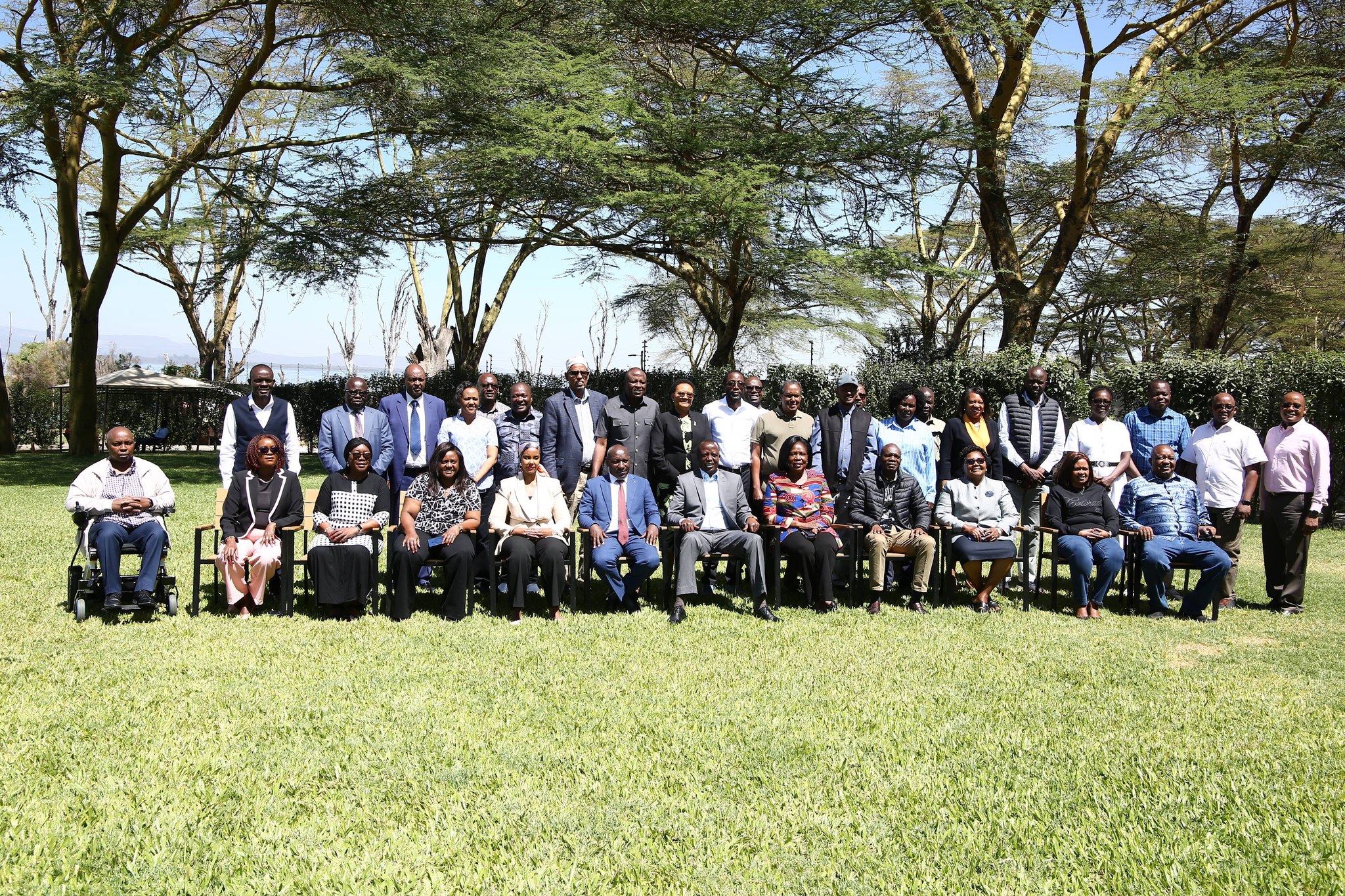In every school, there are two kinds of teachers.
The first kind works quietly, almost invisibly, but its impact is anything but small. They arrive early, stay late, and pour their skills and souls into their learners. They don’t need a microphone or a campaign poster. Their results are written in the shining eyes of their students, the neat script of improved handwriting, the lightbulb moments in class and the grateful nods of parents. Their legacy is not announced; it’s lived.
And then there’s the other kind.
This second species thrives not in lesson preparation, but in character assassination. They do not sharpen pencils; they sharpen tongues. Their greatest ‘extra-curricular activity’ is pulling parents aside; in the car park, at the school gate, even in the market to whisper venom about fellow teachers. They portray themselves as tireless saints, the last guardians of quality education, while painting colleagues as villains.
These whispers, dressed in polite concern, are not harmless. They are daggers aimed at the reputation of those doing the real work. Make no mistake: this is not just gossip. It is a breach of professional ethics, a violation of trust and a direct attack on the unity that makes a school function.
When a teacher becomes a gossip merchant, the damage is slow but devastating. First, they corrode the trust between parents and teachers. Then, they chip away at the reputation of the school itself. Finally, they leave an invisible fog of suspicion hanging in the staffroom; a fog that stifles collaboration and chokes morale.
It’s a clever form of cowardice: destroy others so you can hide your underperformance. Because here’s the truth: good teachers don’t advertise themselves. They don’t need to. Their work does the talking. Their classrooms hum with purposeful energy, their lesson plans are crisp, and their learners thrive. The quiet respect they earn is the only banner they need to fly.
By contrast, the staffroom snake would rather dim another’s light than fuel their own. They avoid the hard work of refining their teaching, but are tireless in refining their slander.
If you are a parent, beware the teacher who spends more time talking about other teachers than teaching your child. Such a teacher will never admit it, but their gossip is a self-confession:
“I am not producing results worth talking about.”
“I fear being measured by my work so that I will measure others by rumours.”
If you are a school leader, treat this behaviour as professional rot. And rot spreads if unchecked. One unchecked gossip can destabilise an entire teaching team. Soon, instead of planning lessons, teachers are planning counter-narratives. Instead of sharing resources, they are guarding their backs.
READ ALSO:
Auditor General exposes Bursary Fund mismanagement in seven counties
Schools cannot afford that. Our learners cannot afford that. Education is too serious a calling to be undermined by petty politics in the staffroom.
The staffroom snake doesn’t hiss loudly; they whisper sweetly. That’s what makes them dangerous. They frame their slander as concern: _“I don’t like to say this, but…” or “I’m just telling you as a friend…”_ they aim to appear noble while planting seeds of doubt.
They know exactly when to speak; when a parent is frustrated, when a colleague is absent, when exam results are pending. They know exactly what to omit: facts, context and their shortcomings.
The antidote is not to out-gossip them, but to outshine them with visible, consistent and ethical teaching. Leaders must set the tone: reward collaboration, address grievances openly and treat gossip as misconduct. Parents must refuse to be complicit by shutting down such conversations.
The Real Mark of a Teacher
The mark of a truly great educator is not how loudly they speak of themselves, but how clearly their work speaks for them. Test scores improve. Learners become more confident. Classrooms become places of safety, curiosity and discipline. That is the teacher’s voice. That is their true advertisement.
Everything else is noise. And in education, noise is the enemy of learning. Gossip poisons trust. Poison kills unity. Without unity, schools collapse.
The staffroom snake believes they can survive the collapse. They are wrong. When a school loses its moral centre, the fall spares no one, not even the snake.
In the end, the truth always surfaces. The whisperer is exposed. The real workers are vindicated. However, by then, the damage to learners, parents, and the school culture may already be severe.
Let us not wait for the slow poison to claim another school. Spot the snake. Cut off the venom at the source. And remind ourselves, in every conversation and every classroom, that education is a trust; a trust too sacred to be tarnished by the petty hiss of staffroom gossip.
By Raph Mundu.
Raph Mundu is a teacher at Parklands Baptist Junior School and an author.
You can also follow our social media pages on Twitter: Education News KE and Facebook: Education News Newspaper for timely updates.
>>> Click here to stay up-to-date with trending regional stories
>>> Click here to read more informed opinions on the country’s education landscape






